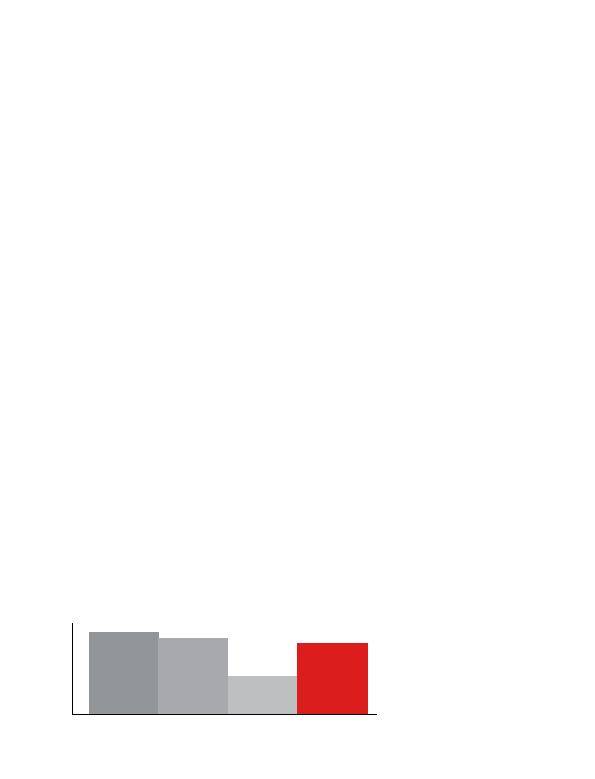
resonating so strongly with both
practices and patients?
waiting-on-hold experience. Booking
takes the click of a mouse or a tap
on a smart phone. The patient has
certainty in booking with the relief
of knowing they have a convenient
appointment when they need one.
It also offers some anonymity and
privacy appointments can be made
discreetly, anytime and anywhere.
online access to services and products,
shaped by sites such as wotif.com,
seek.com, realestate.com.au, etc.
They appreciate being able to access
everything they need in one place,
which is what these major portals
have in common, along with the fact
that they have forever changed their
industries and the way consumers
utilise their services and products.
booking has the power to reduce
your practice's front-desk load it
eliminates the `negotiation process'
with the patient and it's fast, easy and
automatically transferred into your
provides both parties with convenience,
control and empowerment.
thatmorethan8%ofAmericans
now book healthcare appointments
online. While the latest figures are
not yet available, the rapid growth
of online appointments in the US by
leading companies such ZocDoc would
suggest that the percentage is likely to
have achieved critical mass.
mainsteam.
of how technology is changing
healthcare booking practices.
According to Ed Percy, a Quebec-
based vendor of eHealth software and
services, patients will increasingly use
digital technologies to compare, assess
and choose their healthcare providers.
the arrival of consumerism is going
to stress healthcare in ways we can
hardly envisage," Percy recently told
delegates at healthcare conference
in Montreal.
Health Records for the Nova Scotia
Department of Health and Wellness,
said online access to healthcare will
be crucial to reforming primary
healthcare. She is testing the
introduction of online personal health
records to patients in that province.
expect the same connectivity with
healthcare. We are way behind. It's
not a matter of if we do this, but when
and how."
FamilyHealthTeaminOntario,which
currentlyhas3700patientsusing
personal health records connected to
clinicians via the clinic's electronic
health-records systems. He said:
"Patients would rather text or email
than pick up the phone, and it's more
efficient for staff to handle electronic
messages than phone calls."
University of Toronto, says online
access to clinicians and health records
is just one way in which digital
technologies is driving healthcare
consumerism. He agreed with the
general consensus, adding: "A flood
of new sensoring and monitoring
technologies that consumers can
download onto their smartphones
is on its way."
8% of Americans are going online to schedule healthcare appointments.